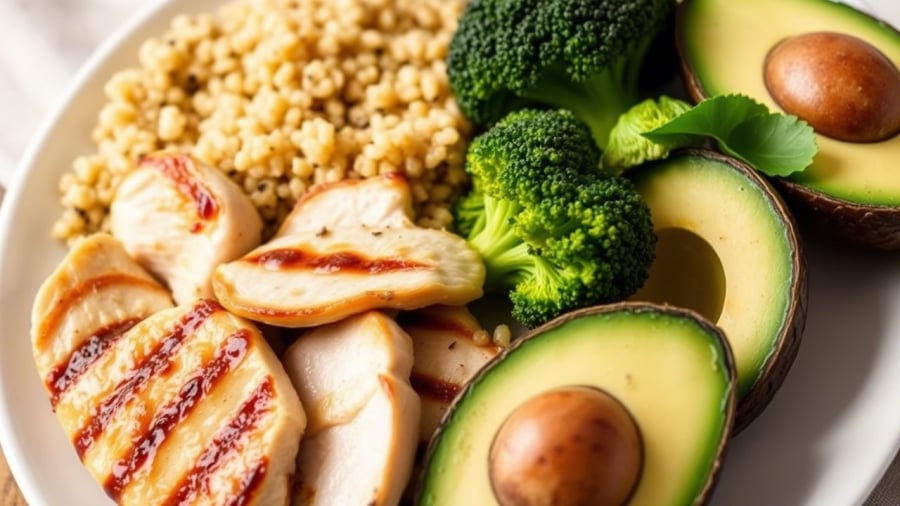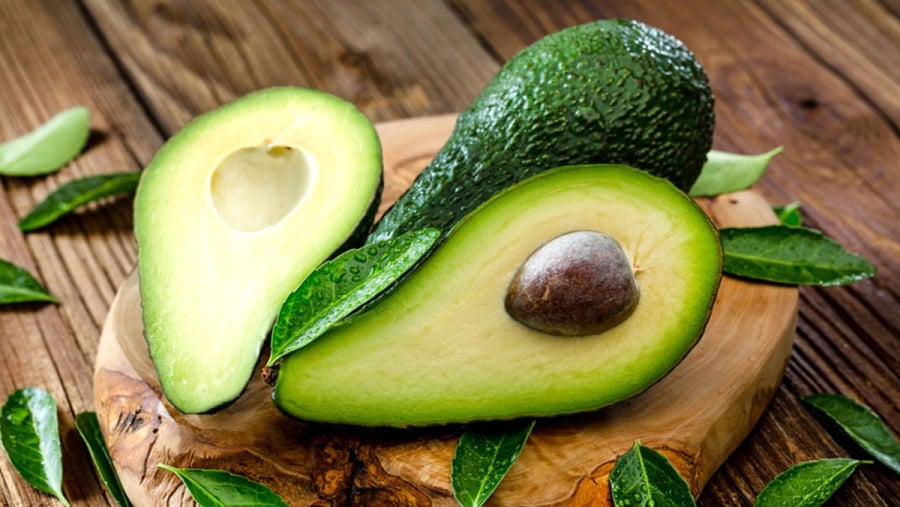How Do Fat-Burning Foods Support Weight Loss?
Fat-burning foods are those that have the ability to stimulate metabolism, increase thermogenesis, and help the body expend more energy, thus supporting natural and sustainable weight loss.
Each food has a different nutritional composition and affects the rate of metabolism in the body in unique ways. However, certain groups of foods, such as those rich in protein, fiber, antioxidants, and healthy fats, can be more effective in burning excess fat.
These foods not only help prolong the feeling of fullness, curb cravings, and prevent excess calorie consumption, but they also help regulate weight control hormones such as leptin and insulin. They also promote thermogenesis, enhance energy expenditure during digestion, especially protein-rich foods.
Moreover, unprocessed, whole foods typically do not contain refined sugars, sodium, or additives, allowing the body to absorb nutrients optimally without causing fat accumulation. When combined with a healthy diet and reasonable physical exercise, these foods can significantly benefit weight management and overall health improvement.
For instance, protein-rich foods have a higher thermic effect compared to carbohydrates and fats, causing the body to expend more calories during digestion. When consuming protein, the body produces hormones such as glucagon, which aids in converting fat into energy while maintaining muscle mass, a crucial factor in sustaining a stable metabolic rate.

Fat-burning foods stimulate metabolism, increase thermogenesis, and support natural weight loss.
Foods That Support Fat Burning and Weight Loss
Apple Cider Vinegar
Apple cider vinegar is rich in beneficial bacteria that support gut health, improve metabolism, and prevent fat accumulation. Additionally, it helps regulate blood sugar, curbs cravings, and prevents overeating.
A study published in the European Journal of Clinical Nutrition found that consuming apple cider vinegar with white bread lowered blood glucose levels and increased satiety. Another study from Arizona State University showed that adding apple cider vinegar to a meal reduced daily calorie intake. Furthermore, it can aid in fat breakdown, especially abdominal fat.
Avocados
Avocados have a high-fat content, but the predominant fat is monounsaturated fatty acids, which can stimulate fat burning. Avocados are also rich in fiber, helping to suppress appetite and reduce calorie intake.
Additionally, avocados provide essential vitamins and minerals like potassium, which maintains electrolyte balance and supports muscle function. When consumed as part of a balanced diet, avocados can enhance calorie burning and aid in effective weight loss.

Avocados, when paired with a sensible diet, can boost calorie burning and aid in weight loss.
Chili Peppers
Chili peppers contain capsaicin, a compound that promotes thermogenesis and increases calorie burning. Capsaicin can also reduce appetite, helping to balance energy intake and prevent excess calorie consumption.
Research indicates that capsaicin can boost metabolism by up to 5% and enhance fat burning by up to 16%. When incorporated into a healthy diet, chili peppers can significantly contribute to weight loss efforts.
Cruciferous Vegetables
Cruciferous vegetables such as broccoli, kale, and cauliflower are rich in fiber and antioxidants, which improve metabolism and aid in weight loss. The isothiocyanates in cruciferous vegetables can enhance the body’s response to leptin, the hormone that regulates fullness and hunger.
Additionally, these vegetables support liver detoxification and boost the immune system, which positively impacts metabolism and weight maintenance.

Cruciferous vegetables aid in liver detoxification and boost immunity, benefiting metabolism and weight stability.
Eggs
Eggs are a rich source of high-quality protein that curbs cravings and prolongs satiety. Compared to foods high in sugar or refined carbohydrates, eggs help stabilize blood sugar levels and prevent spikes in blood glucose.
Additionally, eggs contain choline, a nutrient that supports liver function and fat metabolism.
Green Tea
Green tea contains catechin and caffeine, two compounds that enhance fat burning and boost metabolism. Caffeine also improves physical performance by mobilizing fatty acids from fat tissue for energy use.
Fermented Drinks (Kefir, Yogurt)
Kefir and yogurt contain probiotics that improve gut health, aid in weight management, and enhance metabolism. These beneficial bacteria help balance hormones related to appetite, supporting weight loss.
Fat-burning foods not only aid in weight loss but also promote overall health. Incorporating protein-rich, fiber-rich, and healthy-fat foods, along with metabolism-boosting compounds, into your daily diet optimizes energy metabolism and weight control. Combining this with physical exercise and healthy lifestyle habits will help you achieve your weight goals sustainably.



































